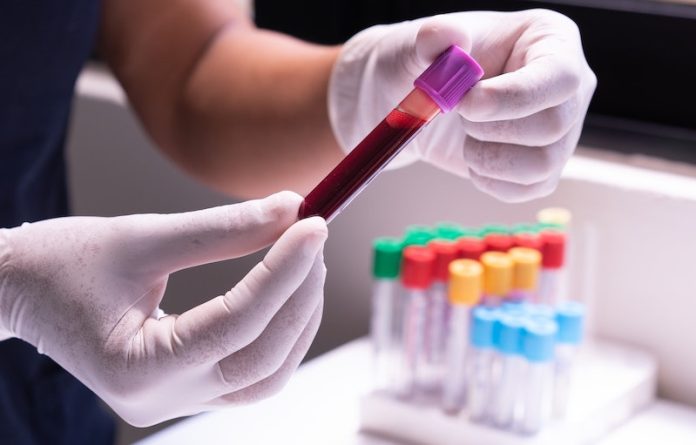
When studying food and diet, it’s difficult to know what people are eating – let alone their risk of disease caused by what they eat.
Doctors and researchers usually ask people to fill out a long-from food frequency questionnaire that estimates caloric intake, food groups, and nutrients.
That relies on a person’s memory and may not provide the most accurate picture.
In a study from Michigan Medicine, scientists found a method using molecular profiling and machine learning to develop blood-based dietary signatures that more accurately predict both diet and the risk of cardiovascular disease and type 2 diabetes.
In the study, researchers followed more than 2,200 adults in the Coronary Artery Risk Development in Young Adults study.
They used blood samples and food surveys to determine metabolite signatures of diet and subsequent disease risk over 25 years.
Through a machine learning model, investigators were able to create a blood-based dietary signature that more accurately predicts a person’s entire diet over 19 food groups by 10-20%.
Additionally, the blood-based signature often outperformed the healthy eating index, a standard measure of diet quality, for identifying who is more likely to develop both diabetes and cardiovascular disease based on each food group.
For example, when the food frequency questionnaire indicated an 18% increase in the risk of diabetes for a person eating red meat, the blood-based signature found a 55% increased risk.
The findings come on the heels of a $170 million award from the National Institutes of Health to clinics and centers nationwide for a Nutrition for Precision Health study.
The researchers say the blood-based signature technique needs to be tested in prospective, controlled studies of different diets.
Knowing precisely how well people adhere to a diet using blood-based signatures will create even more robust results.
If you care about nutrition, please read studies about how the Mediterranean diet could protect your brain health and the best time to take vitamins to prevent heart disease.
For more information about nutrition, please see recent studies that olive oil may help you live longer, and vitamin D could help lower the risk of autoimmune diseases.
The study was conducted by Venkatesh Murthy et al and published in European Heart Journal.
Copyright © 2022 Knowridge Science Report. All rights reserved.



